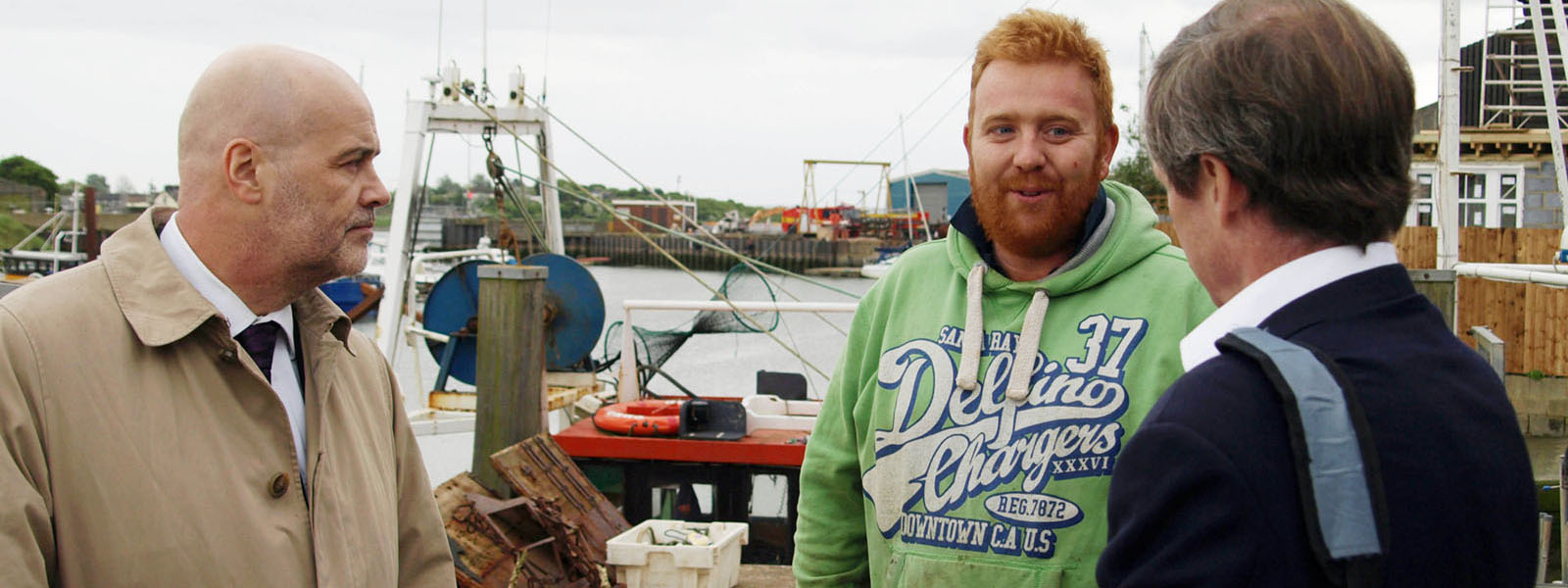John Howarth, Labour MEP for South East England has welcomed the outcome of negotiations between the European parliament and the EU Council (the member states) which will see the practice known as ‘Pulse Fishing’ completely banned in EU waters from 30 June 2021.
‘Pulse Fishing’ as the name suggests, works by sending electricity through the water, killing the fish and most other marine wildlife in the area which is then trawled by factory-scale vessels. The technique is indiscriminate and banned in fishing grounds over much of the planet.
Welcoming the ban John Howarth MEP said,
“I’m delighted that the clear will of Parliament has been accepted in the negotiations with the Commission and the Council. A ban on pulse fishing has been hard fought for by environmental NGOs and artisanal fishermen and recreational Anglers. The practice is environmentally and commercially damaging but has been allowed to continue on spurious ‘experimental’ grounds and has had heavy investment from large scale fishing interests, particularly in the Netherlands.
“Money talks, so I was pessimistic at the prospect of the ban making it through negotiations, but the big majority we won in Parliament clearly counted. Overall it is a small step forward but it comprehensively demonstrates how the more powerful Parliament has made it possible to win changes against both the Commission and Commercial interests. Sadly, Britain will have no say and no influence but will still be affected by these decisions if we leave the EU with Theresa May’s awful deal.”
Fishermen in Kent had been part of the coalition of industry and non-governmental organisations. Whitstable Fishermen Association, Thanet Fishermen's Association and Queenborough Fishermen's Association all backed the campaign to ban Pulse Fishing as did the Angling Trust, WWF UK and many others.
John added, “The Angling Trust raised this issue with me in early meetings during my terms as MEP along with Sea Bass fishing quotas which I am also pleased to say we were also able to influence for the better. Informed science-based NGOs like WWF-UK and trade associations play an invaluable role in counterbalancing the major commercial interests who seek to influence MEPs”.
In his letter to stakeholder organisation John set out the process for the decision as follows:
Last January the European Parliament voted to ban pulse fishing as part of a broad-ranging technical report on fishing gear and fishing methods. The new rules are there to protect fish stocks and small-scale fishing communities by banning a practice that is damaging to marine ecology. Following its approval in Parliament, the legislation then went to ‘trilogues’ - the inter-institutional negotiations between the European Parliament, the Council (made up of member states) and the Commission in order for there to be agreement amongst the institutions.
On 13 February the European trilogue agreed to a complete ban on pulse fishing in EU waters as part of the new technical regulations on the conservation of fishery resources and the protection of marine ecosystems. This is a win for the work of the Parliament and recognises the substantial majorities in the House in support of a complete ban.
The practice will be banned from July 2021 onwards, which is slow but member states may choose to implement the ban earlier if they wish. This time frame is slow but allows the part of the industry reliant on the practice to adjust. The Netherlands did manage to negotiate an allowance, so that 5% of its fleet may continue to use pulse fishing, for research and scientific purposes until July 2021 when the full ban will be implemented. This relatively small concession enabled the ban to be agreed.



